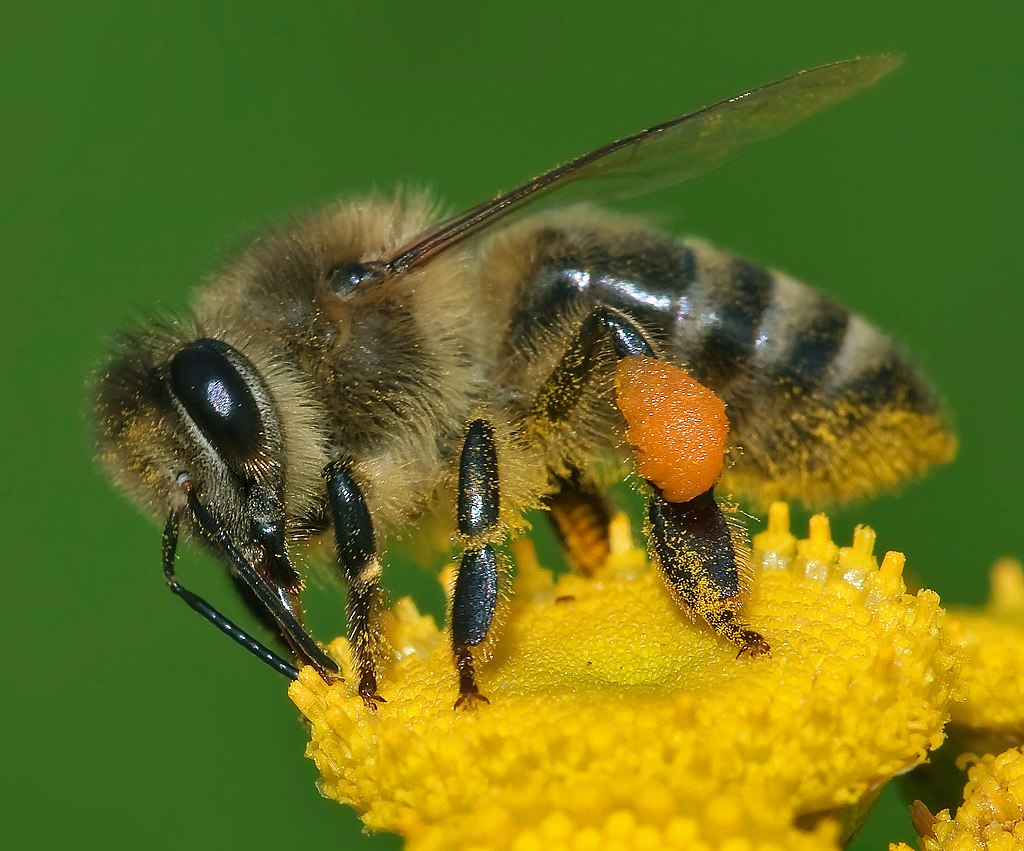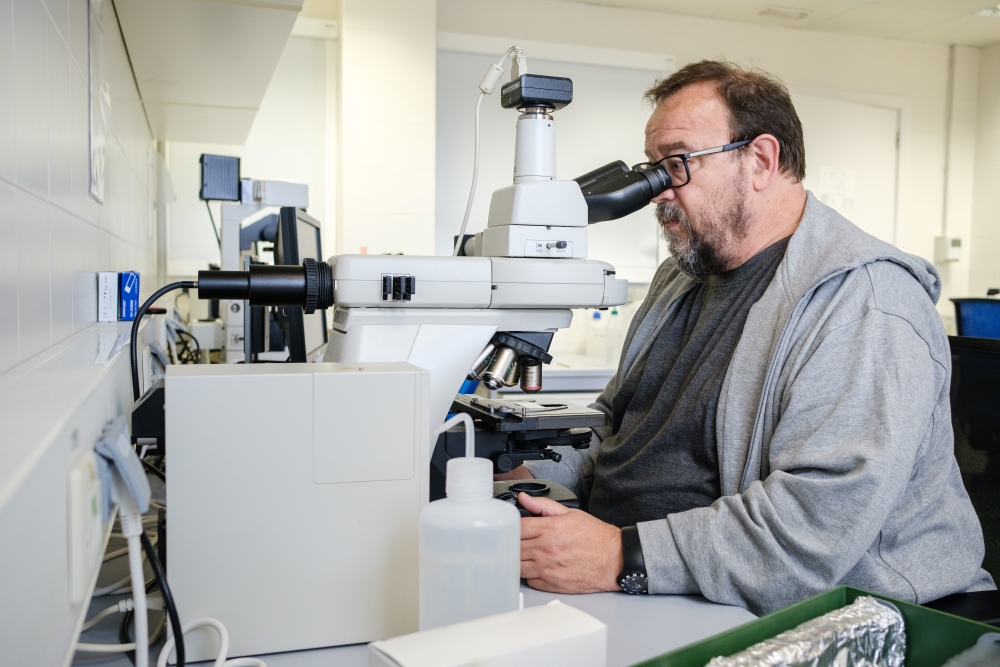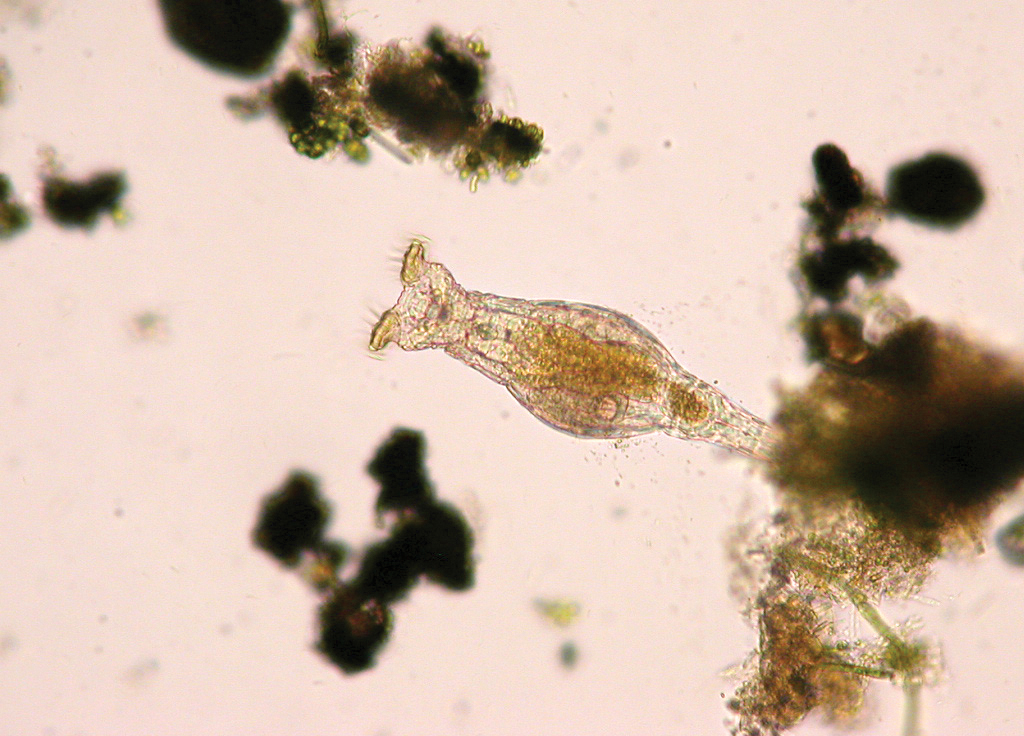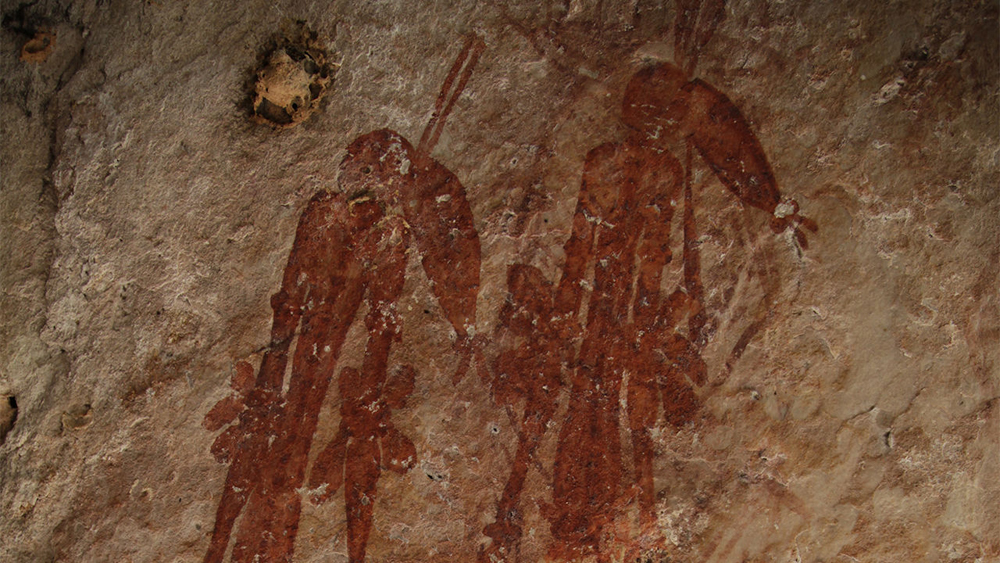Society
Environment
Politics
Economy
Culture
Basque language
Feminism
Education
International
Opinion
wednesday 26 march 2025
Automatically translated from Basque, translation may contain errors. More information here. 
Some bacteria can be fed with arsenic alone
Zarata mediatikoz beteriko garai nahasiotan, merkatu logiketatik urrun eta irakurleengandik gertu dagoen kazetaritza beharrezkoa dela uste baduzu, ARGIA bultzatzera animatu nahi zaitugu. Geroz eta gehiago gara, jarrai dezagun txikitik eragiten.
According to NASA’s astrobiology department, some bacteria can be fed with arsenic; so far it has been thought that they could only survive in phosphates. This discovery suggests that life that we can find outside of Earth may be more diverse in its forms than we thought.
http://ttiki.com/20528 (Spanish)
http://ttiki.com/20528 (Spanish)
Most read
Using Matomo
#1
Mikel Garcia Idiakez
#3
You are interested in the channel: Biologia
2025-01-16
Jenofa Berhokoirigoin
25% of freshwater animals are at "high risk" of extinction
Hundreds of species are about to disappear because of the "enabling pressures" arising from industrial crops, reservoirs and pollution. In order to avoid this evolution, they asked themselves "what changes should be taken immediately", according to a study published on 8 January by... [+]
Apocalypse of insects in the anthropocene
The question is whether any civilization can wage a ruthless war on life, without destroying itself and without losing the right to call civilized.” 1
It's been six decades since Rachel Carson wrote her excellent book Silent Spring, which is often seen as the creation of the... [+]
2023-03-29
unibertsitatea.net
Cristina Claver.
"In the mesopelagic ecosystem it is believed that there is the largest biomass of fish in the world"
Cristina Claver (Bilbao, 1996) conducted biology studies at the UPV/EHU. He went to Italy to carry out Erasmus and then held a master's degree in marine biological resources. He was an international master who studied in France, Italy, Ireland, Sweden and Seychelles. After his... [+]
2022-04-29
unibertsitatea.net
Jon Luzuriaga
"Our goal was to get specialized tissue cells that we wanted to reinvent."
Jon Luzuriaga González (Oñati, 1989) graduated in Biochemistry (2012) and later held a master's degree in biomedical research (2013), both at the UPV/EHU. In 2018, PhD in Biomedicine and after being a postdoctoral researcher, he teaches at the Faculty of Medicine and Nursing at... [+]
2022-04-20
unibertsitatea.net
Alicia Gascón
"We have achieved a better understanding of cellular structure and organization"
Alicia Gascón Gubieda (Muxika, 1993) graduated in Biochemistry in 2015. He later moved to the United Kingdom to specialize in cell biology in the years 2015-2021 and now works at the UPV/EHU in the department of immunology, microbiology and parasitology.
Salmon in the Basque Country: fish and heritage
Salmon has a long history rope in the Basque Country. He has created many stories, from Prehistory to the present day. Their fishing has been of great socio-economic importance, and so the rules for their regulation emerged. Then came the infringements, the conflicts between... [+]
2021-08-01
Unai Brea
Ionan Marigomez. Ai, itsasorik ez bageneuka...
“Mila arazo ditu itsasoak, baina denen oinarria bera da: gu asko garela”
Ionan Marigomez Allende (Erandio, 1961) biologoa da lanbidez eta bokazioz. Bera izan zen EHUren Plentziako Itsas Estazioaren sustatzaile nagusia, eta bera da bertako zuzendaria 2013an sortu zenetik. Bulegoan hartu gaitu, atzealdean Gorlizko badia ageri dela, eta hantxe jardun... [+]
2021-06-24
Nagore Irazustabarrena Uranga
Science and fiction of frozen survival
Siberia, 24,000 years ago. A microorganism of the Bdelloidea species, a highly resistant rotiferous animal, was frozen in the cold waters of the Alayeza River. Recently, scientists have thawed the animal and, in addition to staying alive, have been able to reproduce asexually.
2021-01-11
ARGIA
The coordinator Haize Berriak is born against the proliferation of wind farms in the region of Pamplona
The Haize Berriak platform has assembled several valleys that oppose the wind projects that Sacyr wants to carry out in the north of the Region. The Haize Berriak platform has made a manifesto announcing that they will carry out joint protest actions against the construction of... [+]
We ask that no more eucalyptus plantations be made in the Urumea valley.
With this paper we wish to express our concern and concern in recent years, and above all in the face of eucalyptus plantations being carried out in recent months in the Urumea Valley, with the authorization of public institutions.
Guillermo Quindós, Professor of Microbiology (UPV)
"Scientists, especially doctors, have been saying this is going to come for years."
Professor of Microbiology Guillermo Quindós usually works at the Faculty of Medicine of Leioa. On 13 March, a day before the Spanish Government established the confinement, a couple of truths about the coronavirus was pronounced at the Faculty of Sciences of the UPV/EHU. We have... [+]
Irati Romero Garmendia Biomedical Researcher
"We need more feminist research."
Irati Romero Garmendia has reported her professional career from Bordeaux. In particular, he works in a breast cancer laboratory and although he has had to make a great effort to reach it, he considers that he has come in a rather natural way.
2020-02-25
Nagore Irazustabarrena Uranga
Liztor habiak, labar artea datatzeko
1891n nekazari batek Gwion estiloko hainbat labar pintura aurkitu zituen Kimberlyn (Australia).
2017-12-06
Iñaki Sanz-Azkue
Araotz
A single meeting point for three lizards
One, two and three. Three eyes of lizard watching, we looked at each other. They're sunbathing on the old limestone wall. All three have the same look, while the eyes are different. In fact, in the Araotz mountains there are three eyes of lizard, of three species. Of course, they... [+]
2017-07-10
Hegoi Belategi
Rosa Binimelis. Ecology, economy, ethics
"Theosinte has caused great damage in Aragon and Catalonia; in Navarre ignorance prevails"
An invasive weed has appeared in the slaughterhouses of Navarra, Aragon and Catalonia. Theosintea, in the language theosintle nahuatl, is a plant of the family of Zea, therefore relative to corn. Rosa Binimelis (Castellón, 1979) is a PhD in Environmental Sciences and has worked... [+]
Eguneraketa berriak daude

























